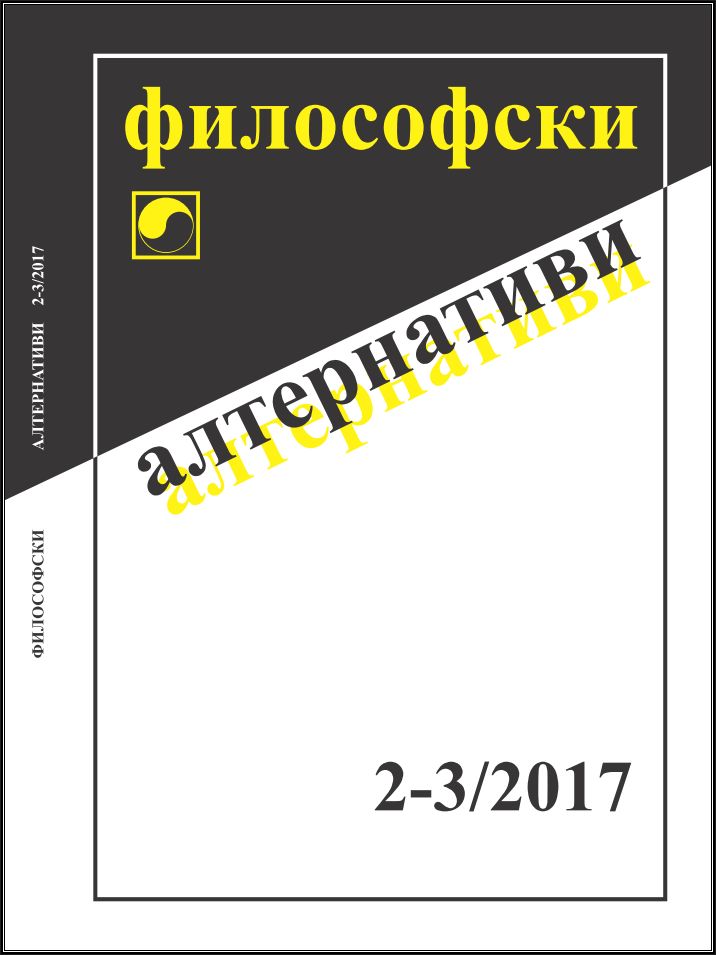Паметта като проблем пред мисълта (ноематика на забравата)
Memory as a Problem of Thought (Noematics of Forgetting)
Author(s): Andrey LeshkovSubject(s): Philosophy, Philosophical Traditions, Metaphysics, Aesthetics, German Idealism, Phenomenology, Hermeneutics, Ontology
Published by: Институт по философия и социология при БАН
Keywords: finitude; historicity; Husserl; meaning-constitution; phenomenology of forgetting; temporality
Summary/Abstract: Here we attempt to delineate a vanishing point of consciousness, the point where its contents are lost track of. This leads to a phenomenology of forgetting, which impresses an orientation to that which acts preconsciously within consciousness itself. When the vanishing point is reached, that point becomes its own other. This recession marks its flowing-away in time. However, the point is wedged between the limits of horizons. In the reduced world, that which is encountered horizontally is connected by the I can as a mode of access. For an I, all the horizons are modalities of forgetting. Its prevalence testifies to the finitude inherent in the ἔκστασις of consciousness. Here, cognition itself is based on a forgetting: anything known as enduring is pitted against the forgotten. And We have to face the forgotten in order to reveal forgetting’s contemporaneity with reflection. But in forgetting, I must be aware of forgetting: I is ineluctably implicated in cognizance (as illustrated by an approach to Husserľs intertwined themes of finitude and temporality). The phenomenology of forgetting points towards the situation of individuals and puts them vis-a-vis it in a reflective responsiveness, relating them to thinking in such a way that they can know themselves as being present in their thoughts. We should reconsider, then, the conviction that the transcendental ego no longer represents an abiding insight.
Journal: Философски алтернативи
- Issue Year: XXVI/2017
- Issue No: 2-3
- Page Range: 245-266
- Page Count: 22
- Language: Bulgarian
- Content File-PDF

